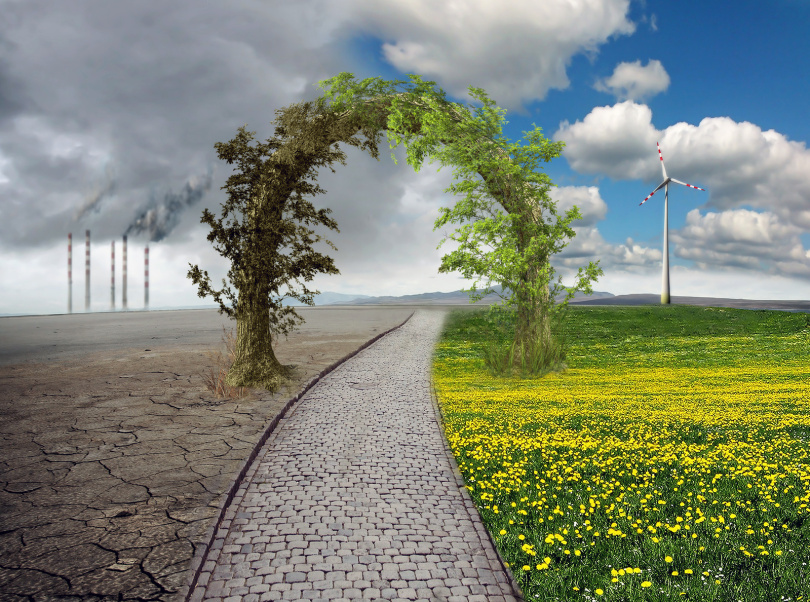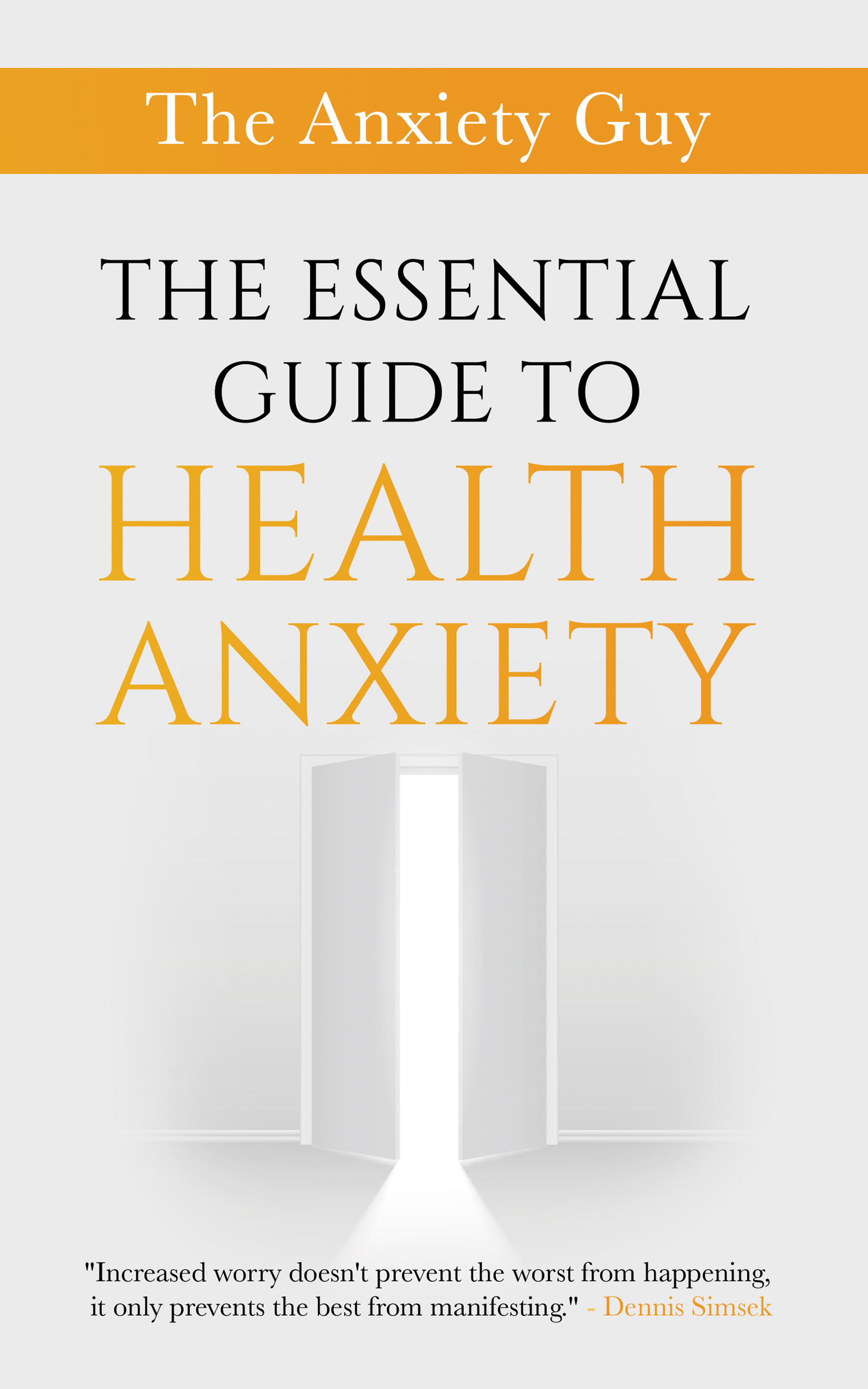“We Have To Face The Reality Of Climate Change, It Is Arguably The Biggest Threat We Are Facing Today.”
The adverse effects of climate change on the planet are already well-known. Recent studies have now shown that global climate change and its varied impact on human life can result in adverse mental health consequences such as alcohol abuse, distress, stress, anxiety, depression, and PTSD.
Studies show that serious weather outcomes like flooding, enormous storms, heat waves, and droughts are going to be more and more common as well as more intense with deteriorating climate change. Suffering the effects of disasters caused by climate change triggered severe weather conditions can result in considerable stress (this audiobook will help) and lay the foundations for occurrence of serious mental health disorders like depression and anxiety, etc.
There have been numerous reports which identify specific kinds of impacts on mental health due to climate change and natural disasters. The reports also suggest that disaster affected people may consequently emanate anxiety-like responses to normal/abnormal events, which may later lead to the development of severe and prolonged mental health illnesses.
Long-term famine/drought and flooding have been found to have links with elevated anxiety levels, post-traumatic stress disorders, and depression. The losses and trauma that people experience due to a climate change triggered disaster, like losing their job, home, or getting disconnected from the community and neighborhood, can lay the foundation for the occurrence of anxiety and depression later on.
Extreme heat caused by climate change has been found to be linked with increased instances of alcohol use for coping purposes, increased cases of suicide, and increased admissions to the emergency room and hospitals.
Extreme weather has also been found to have links with a rise in cases of domestic violence and aggressive mood/behaviour. Climate change disasters which trigger mental health disorders can increase the burden on the healthcare system as many more people seek treatment for mental issues. Also, disasters can disrupt the functioning of hospitals and mental health service clinics, which can lead to a dearth in access or availability of such services.
Individuals who are already suffering from minor mental health issues are at increased risk of developing depression, anxiety, and other serious mental health disorders after experiencing trauma caused by extreme weather.
Medicines which are used to treat mental health issues tend to interfere with the homeostasis of a sufferer; thus he/she may not be able to regulate body heat and may be less aware of any rise in his/her body temperature.
Over the long-term, climate change can bring out migration of population, job loss, scarcity of food, and loss of societal support, etc., all of which contribute towards deterioration of mental health and development of depression and anxiety.
The United Nations statistics on refugees show that since 2008 more than twenty million of the refugee population has migrated to other lands due to climate change triggered extreme weather conditions like storms, floods, extreme temperatures, wildfires, coastal erosion, and droughts. If you’ve been through an emotional and or physical trauma in your life, it’s important to know that CBT options for recovery from anxiety and sensitivity are available.





















Hi,
I believe while it definetly didn’t cause my anxiety or depression. It’s possible it might of contributed to my anxiety levels slightly. Otherwise not a big issue, in my country.
Hi,
Definetly it didn’t cause my anxiety or depression, it’s possible it may have contributed to my anxiety. But the effects of climate change in my country, in NZ. Haven’t been as dramatic as other countries.
Thanks for the feedback Chris.